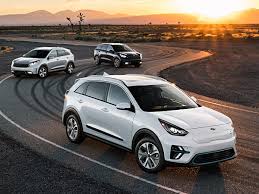As the world prioritizes sustainability, the auto industry is undergoing a major transformation. Electric and hybrid cars are no longer rare—they are quickly becoming mainstream as countries and consumers shift toward clean transportation. These vehicles offer a practical solution to rising fuel costs, environmental pollution, and increasing awareness of carbon footprints.
In this comprehensive blog, we’ll explore the types of electric and hybrid cars, their key differences, environmental and economic advantages, the latest models of 2025, infrastructure challenges, and tips to choose the right one. Whether you’re planning your first green car purchase or just curious, this is your go-to guide.
Understanding Electric and Hybrid Cars
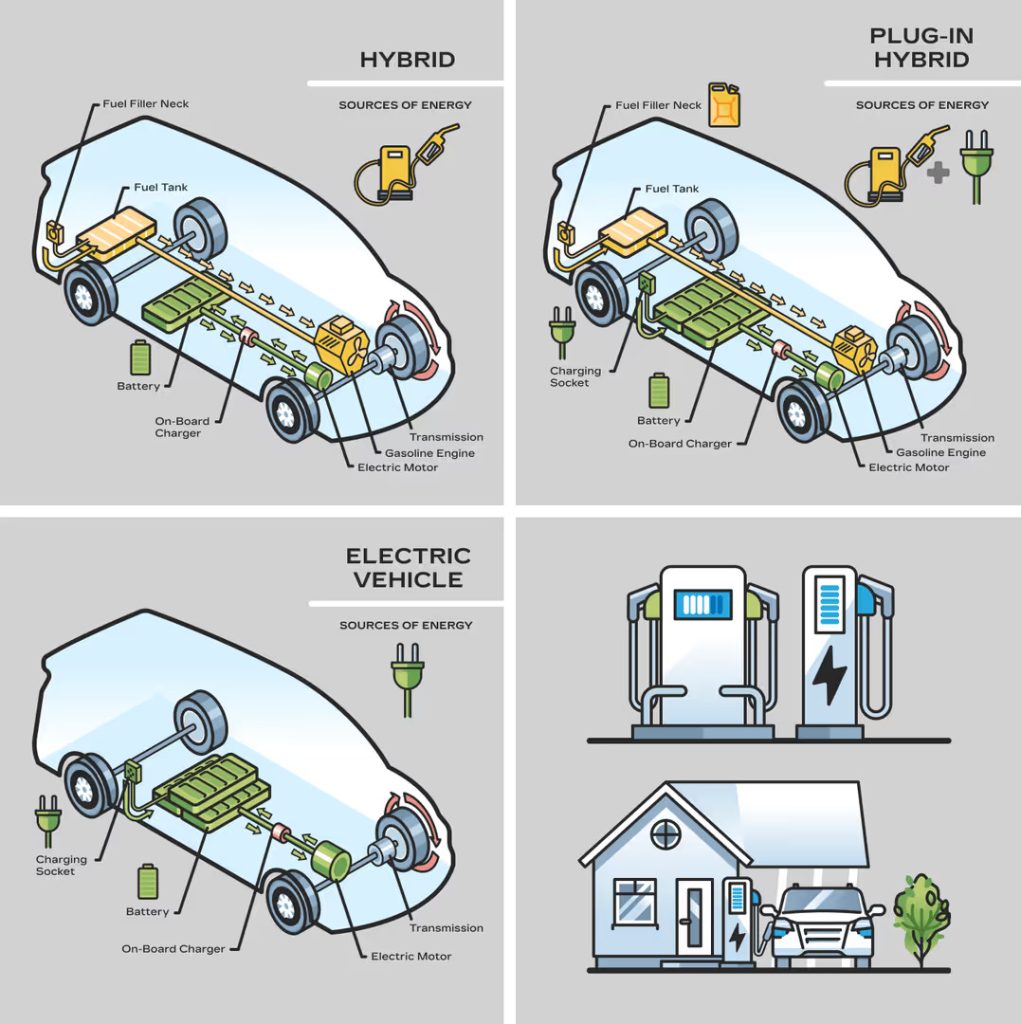
Electric and hybrid cars serve the same purpose—reduced emissions and increased efficiency—but operate in very different ways.
Electric Vehicles (EVs)
EVs run solely on electric power. They don’t use gasoline and don’t have a traditional engine. Instead, they’re powered by large lithium-ion battery packs that fuel electric motors. These vehicles are charged by plugging into home charging stations or public electric charging networks.
EVs offer zero tailpipe emissions, quiet operation, smooth driving, and fewer mechanical issues due to their simplified systems.
Examples of popular EVs in 2025:
- Tesla Model Y
- Hyundai Ioniq 6
- Chevrolet Equinox EV
- BMW i4
Hybrid Vehicles (HEVs & PHEVs)
Hybrid vehicles use a mix of electric motors and internal combustion engines (ICE). There are two primary types:
- Hybrid Electric Vehicles (HEVs): The battery charges through regenerative braking and engine power. They cannot be plugged in.
- Plug-in Hybrid Electric Vehicles (PHEVs): These can be plugged in and offer longer electric-only range. After the electric power is depleted, they switch to gasoline.
Hybrids are great for drivers who want better fuel efficiency without fully relying on charging infrastructure.
Environmental Impact: Greener Roads, Cleaner Air
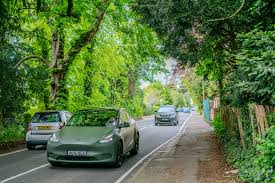
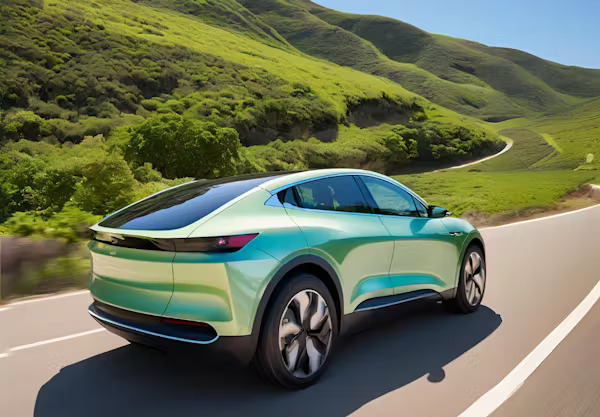
One of the main reasons to consider electric and hybrid cars is their role in reducing environmental damage. Traditional cars release harmful carbon dioxide (CO₂), nitrogen oxides, and particulates that contribute to global warming, respiratory diseases, and air pollution.
EVs = Zero Emissions
EVs don’t have tailpipes, so they produce no direct emissions. Even though electricity production may involve fossil fuels in some areas, studies show that EVs still have a smaller carbon footprint over their lifetime compared to gas-powered cars.
Hybrids = Reduced Emissions
While not entirely emission-free, hybrids significantly lower greenhouse gas emissions by relying on electric power during low-speed or city driving.
As renewable energy sources like solar, wind, and hydro become more common, charging EVs will become even cleaner—making them one of the most eco-friendly transport options available.
Cost Savings Over Time
Many people hesitate to switch to electric or hybrid cars due to higher upfront prices. But when it comes to total ownership costs, these vehicles often turn out to be more economical than conventional vehicles.
Lower Fuel and Energy Costs
Electricity is cheaper than gasoline in almost every country. On average, charging an EV costs 50–70% less per mile than fueling a gas car. Hybrids also save fuel through better mileage—some offering up to 60 MPG.
Fewer Maintenance Expenses
EVs don’t need oil changes, exhaust repairs, or timing belt replacements. Their simple mechanics reduce repair frequency and cost. Regenerative braking also reduces wear on brake pads.
Tax Credits and Government Incentives
Many governments offer:
- Federal/state tax credits
- Cash rebates
- Reduced tolls and road taxes
- Free or subsidized home charger installation
In 2025, several countries continue to provide incentives worth $2,000–$7,500 or more on qualifying electric and hybrid vehicles.
Driving Experience and Performance

Electric and hybrid cars provide a surprisingly exciting and smooth driving experience.
EV Performance
EVs are known for their instant torque—you press the accelerator and feel immediate response. The lack of gears and engine vibration makes the ride extremely smooth and quiet. Many EVs accelerate faster than traditional sports cars.
Hybrids Offer Flexibility
Modern hybrids switch seamlessly between electric and gasoline power, ensuring better fuel efficiency without compromising driving range. Plug-in hybrids can run on electricity for short trips and switch to fuel for longer distances, making them great for mixed-use drivers.
In addition, both EVs and hybrids are packed with features like:
- Advanced infotainment systems
- Digital dashboards
- Autonomous driving features
- Enhanced safety technology
Charging and Infrastructure: What to Expect in 2025
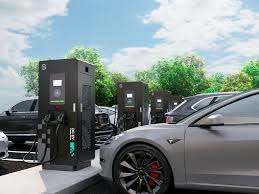

Charging infrastructure is a vital part of the EV ecosystem. Thankfully, 2025 has brought major improvements in global charging networks.
Home Charging
Most EV owners install a Level 2 charger at home. It can fully charge a vehicle overnight (within 6–10 hours). It’s convenient, efficient, and often comes with rebates.
Public Charging
There are now millions of public chargers worldwide. You’ll find them at shopping malls, gas stations, hotels, and highway rest areas. Many fast chargers (Level 3) can give you up to 80% charge in 30 minutes or less.
Apps like PlugShare, ChargePoint, and Tesla’s navigation system help locate nearby stations.
Plug-in Hybrid Advantage
PHEVs don’t rely heavily on public charging. If you forget to plug them in, they still function like traditional hybrids—offering flexibility for long road trips or rural areas.
Best Electric and Hybrid Cars to Buy in 2025
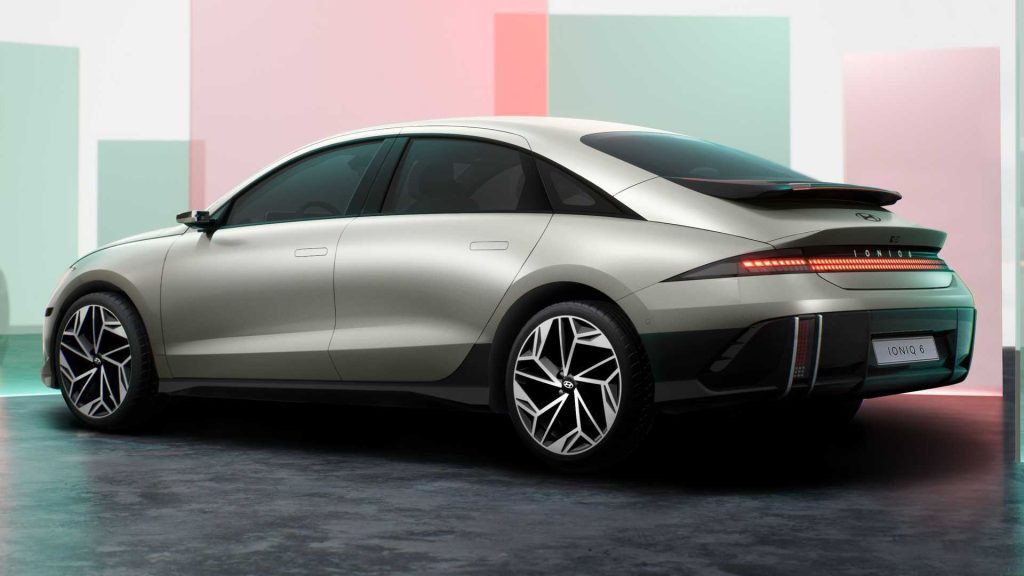
Let’s look at some of the best and most practical EVs and hybrids this year.
Top Electric Cars
Tesla Model Y
- Range: 330 miles
- Highlights: Autopilot, over-the-air updates, fast charging
- Ideal for: Tech lovers and daily commuters
Hyundai Ioniq 6
- Range: 360 miles
- Highlights: Stunning design, ultra-fast 800V charging
- Ideal for: Long-distance drivers
Chevrolet Equinox EV
- Range: 300 miles
- Highlights: Affordable pricing, family-friendly
- Ideal for: First-time EV buyers
Top Hybrid Cars
Toyota Prius Prime (PHEV)
- Electric Range: 44 miles
- Fuel Efficiency: 133 MPGe
- Ideal for: Urban drivers
Honda CR-V Hybrid
- Fuel Efficiency: 40 MPG
- Highlights: Spacious SUV, great resale value
- Ideal for: Families
Kia Niro Hybrid
- Fuel Efficiency: 53 MPG
- Highlights: Stylish compact SUV
- Ideal for: City drivers looking for savings
How to Choose Between Electric and Hybrid Cars
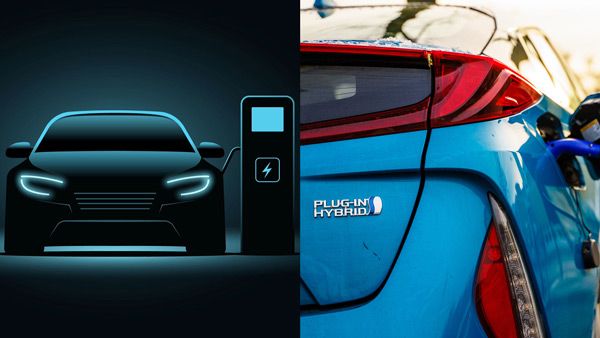
Making the right choice depends on your needs, budget, and daily routine. Here’s how to decide:
Go Electric If…
- You have access to home/workplace charging
- You drive less than 200 miles per day
- You want zero emissions and less maintenance
- You live in a city with good public infrastructure
Choose a Hybrid If…
- You take frequent long trips
- You can’t easily install a charger
- You want better mileage but aren’t ready to go full electric
- You prefer a more gradual shift toward eco-driving
Final Thoughts: The Future is Electric
Electric and hybrid cars are not just passing trends—they’re essential components of a sustainable future. Automakers are shifting entire lineups toward electric mobility, and governments are creating policies to support this transition.
As technology advances and prices drop, electric and hybrid cars will become even more accessible. With better charging networks, longer ranges, and improved battery life, now is an excellent time to consider investing in a cleaner, smarter vehicle.
Whether you choose a full electric or a hybrid, you’re not just upgrading your car—you’re supporting a global mission for cleaner air, reduced emissions, and a better planet.

